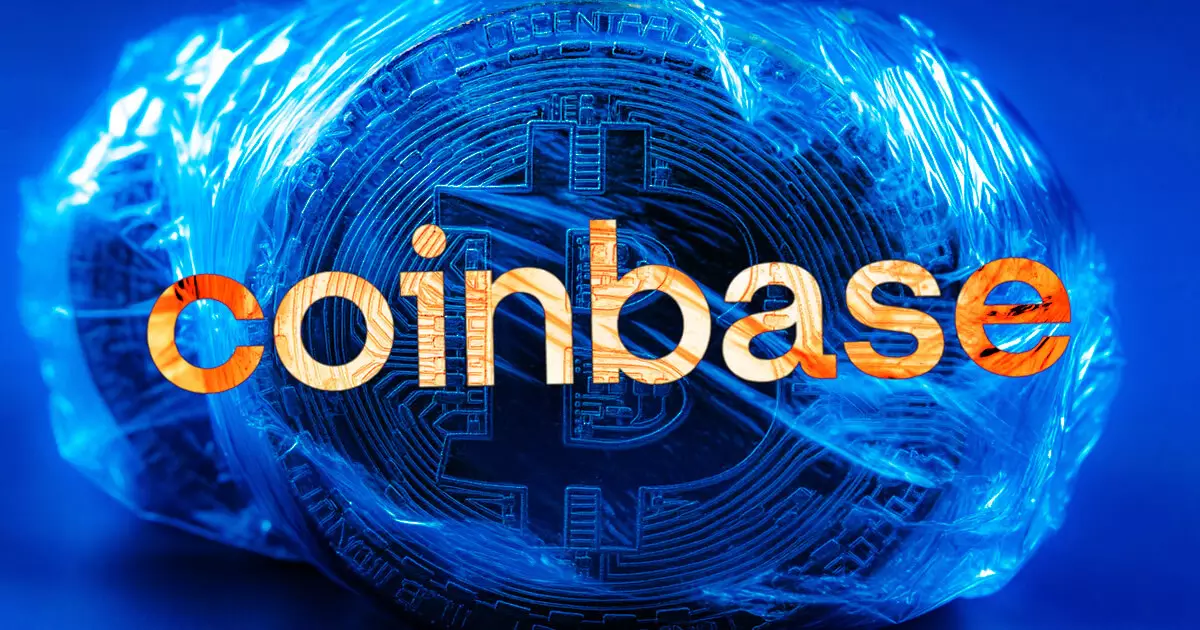In a noteworthy development within the cryptocurrency sector, Coinbase has moved to dismiss a lawsuit filed by BiT Global which disputes the exchange’s decision to delist Wrapped Bitcoin (wBTC). This situation arises in the wake of a court’s previous rejection of BiT Global’s effort to halt the delisting via a judicial injunction. The conflict presents significant implications not only for Coinbase but also for the broader landscape of digital asset trading.
Coinbase’s decision to remove wBTC from its trading platform stems from potential concerns surrounding its association with Justin Sun, a controversial figure in the blockchain community and founder of the Tron network. Allegations of misleading conduct and regulatory scrutiny associated with Sun prompted Coinbase to reassess its operational risk. The exchange underscored their commitment to user safety and integrity in the marketplace, signifying that external associations can influence decisions on asset support.
In light of the delisting, BiT Global asserted that this decision was detrimental to its operational viability and thus opted for legal recourse. However, the court dismissed this claim, suggesting a lack of substantial grounds for an antitrust argument. Following the rejection of their plea, Coinbase characterized the accusations as unfounded and pursued the dismissal of BiT Global’s ongoing litigation. This aspect reflects a contentious dynamic as platforms navigate the legal implications of asset management.
In its latest filing, Coinbase ardently defended its stance on the delisting process, arguing that it adhered to a rigorous internal assessment model. It contended that the association with Justin Sun represented an unacceptable risk, thus justifying the removal of wBTC. The firm critiqued BiT Global’s failure to substantiate its claims with verifiable evidence, particularly concerning misleading information about wBTC’s integrity and reliability.
A crucial element of the correspondence from Coinbase, shared by its Chief Legal Officer Paul Grewal, illuminates the legal framework within which the exchange operates. Grewal posited that no regulatory statute mandates Coinbase to include tokens that jeopardize user safety or erode trust. This assertion highlights the broader industry sentiment about the responsibility exchanges hold to protect their customer base, aligning with ongoing discussions about regulatory oversight in cryptocurrency exchanges.
As Coinbase seeks to cement its decision against BiT Global’s claims, this case invites scrutiny into the responsibilities of exchanges in managing user trust and the risk associated with digital assets. The outcome may set a precedent in delineating the boundaries of legal obligations and the ethical considerations cryptocurrency platforms must navigate. As the digital currency market evolves, both firms and regulators will need to consider these dynamics to safeguard users and foster a secure trading environment.

